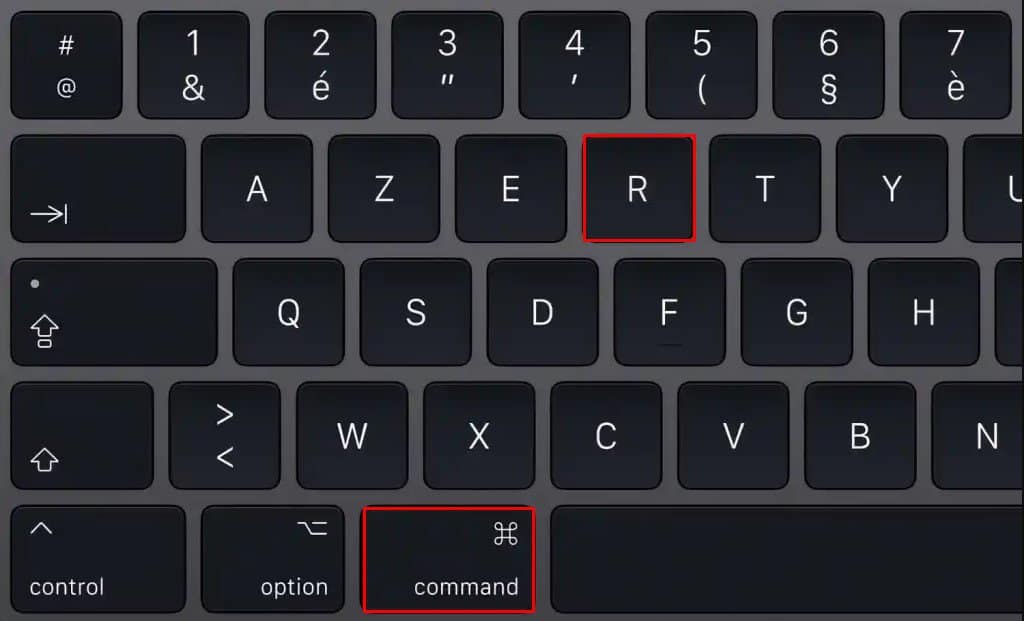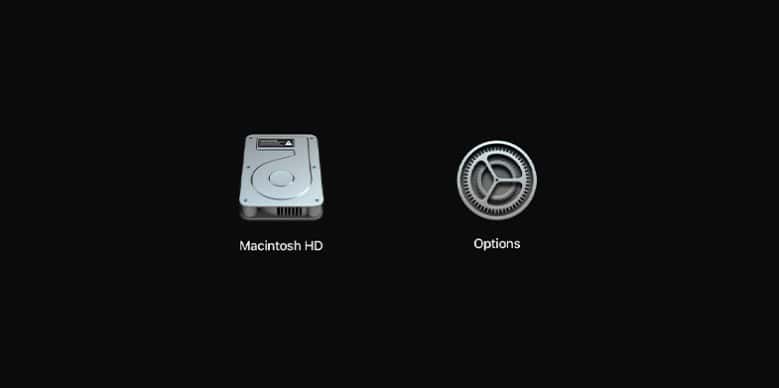However, resetting your Mac can be a daunting experience. That’s mainly because doing so removes every piece of information stored on your computer. This includes every file, folder, and document, along with your saved messages, emails, and IDs. So, this article shall guide you through the safest and least obstructive ways to reset settings on your Mac computer.
Things to Do Before Resetting Your Mac
Before you reset your Mac, there are a few basic steps you can follow to ensure your data safety and easy recovery. So, the steps listed below will help prevent any permanent loss of information and create a foundation for restoring those pieces of information whenever you need them.
Backup Your Files and Folders
Ideally, the first thing you can do before resetting your Mac is to back up any important documents that you might need in the future. For this, macOS provides its user with a built-in tool utility tool, the Time Machine. Time Machine aims to back up your Mac to an external disk drive. It also has an automatic backup feature that can back up your system on either an hourly, daily, or weekly basis. It also makes the data restoration process easier and more straightforward. So, You can now track your backup progress from the menu bar. Here, you’ll see a new icon, particularly that of the Time Machine. When you click on this icon, it reveals a drop-down box with your current backup progress, along with a few options to alter/stop your backup process.
Remove Windows via Boot Camp
If you had previously installed Windows on your Mac computer via the Boot Camp Assistant, you now have to remove it from your system. This is done to make sure that no volume and partition issues occur after resetting your Mac. Furthermore, Windows OS must be removed from the Boot Camp Assistant utility tool to ensure a clean uninstall. Keep in mind that removing Windows from your Mac clears all files from the dedicated Windows partition. So, if you have to, back up your Windows file to an external HDD. Once you do this, follow the step shown below:
How to Reset Settings on Mac?
Once you’ve made sure that your computer is ready to be reset, the actual way to do so is pretty easy. You can reset settings on your Mac directly via the System Preference window. If unfortunately, you run into a “macOS could not be installed on your computer” error message, we have a dedicated guide to help you overcome this issue. So, feel free to check it out!
How Can I Restore My Backed-Up Files?
After resetting your Mac system, you may need to restore your backed up files. macOS provides you with a couple of easy ways to restore your time machine backups. One is done through the Migration Assistant tool, whereas the next method is accessed from the utility window. However, the exact steps to carry out both these methods are briefed below.
Use Migration Assistant
As the name suggests, the Migration Assistant aims to help you ‘migrate’ your files from one disk to another. Therefore, it can easily restore the backed-up files from your external disk to your Mac computer.
Restore Through macOS Utilities
For users who are having trouble using the Migration Assistant, you can resort to restoring your Time Machine backups from the macOS utility window. However, these steps should be performed during the system startup, and hence you’ll not be able to choose the type of data to restore. That is, this method restores the entire backed-up system image. But keep in mind that any files you have currently saved on your system will be erased. A previous version of the system will be restored, including your applications, documents, and folders.














title: “How To Reset Settings On Macbook” ShowToc: true date: “2022-11-16” author: “Sheryl Meacham”
However, resetting your Mac can be a daunting experience. That’s mainly because doing so removes every piece of information stored on your computer. This includes every file, folder, and document, along with your saved messages, emails, and IDs. So, this article shall guide you through the safest and least obstructive ways to reset settings on your Mac computer.
Things to Do Before Resetting Your Mac
Before you reset your Mac, there are a few basic steps you can follow to ensure your data safety and easy recovery. So, the steps listed below will help prevent any permanent loss of information and create a foundation for restoring those pieces of information whenever you need them.
Backup Your Files and Folders
Ideally, the first thing you can do before resetting your Mac is to back up any important documents that you might need in the future. For this, macOS provides its user with a built-in tool utility tool, the Time Machine. Time Machine aims to back up your Mac to an external disk drive. It also has an automatic backup feature that can back up your system on either an hourly, daily, or weekly basis. It also makes the data restoration process easier and more straightforward. So, You can now track your backup progress from the menu bar. Here, you’ll see a new icon, particularly that of the Time Machine. When you click on this icon, it reveals a drop-down box with your current backup progress, along with a few options to alter/stop your backup process.
Remove Windows via Boot Camp
If you had previously installed Windows on your Mac computer via the Boot Camp Assistant, you now have to remove it from your system. This is done to make sure that no volume and partition issues occur after resetting your Mac. Furthermore, Windows OS must be removed from the Boot Camp Assistant utility tool to ensure a clean uninstall. Keep in mind that removing Windows from your Mac clears all files from the dedicated Windows partition. So, if you have to, back up your Windows file to an external HDD. Once you do this, follow the step shown below:
How to Reset Settings on Mac?
Once you’ve made sure that your computer is ready to be reset, the actual way to do so is pretty easy. You can reset settings on your Mac directly via the System Preference window. If unfortunately, you run into a “macOS could not be installed on your computer” error message, we have a dedicated guide to help you overcome this issue. So, feel free to check it out!
How Can I Restore My Backed-Up Files?
After resetting your Mac system, you may need to restore your backed up files. macOS provides you with a couple of easy ways to restore your time machine backups. One is done through the Migration Assistant tool, whereas the next method is accessed from the utility window. However, the exact steps to carry out both these methods are briefed below.
Use Migration Assistant
As the name suggests, the Migration Assistant aims to help you ‘migrate’ your files from one disk to another. Therefore, it can easily restore the backed-up files from your external disk to your Mac computer.
Restore Through macOS Utilities
For users who are having trouble using the Migration Assistant, you can resort to restoring your Time Machine backups from the macOS utility window. However, these steps should be performed during the system startup, and hence you’ll not be able to choose the type of data to restore. That is, this method restores the entire backed-up system image. But keep in mind that any files you have currently saved on your system will be erased. A previous version of the system will be restored, including your applications, documents, and folders.













